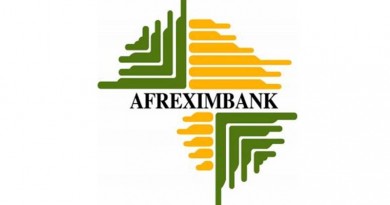World Health Organization Donates 100KVA Generator to Maiduguri Polio laboratory at UMTH
Due to the disruption of the electricity grid brought on by insecurity, one of Nigeria’s 36 States had been experiencing constant power outages since 2020, leaving certain areas of the state completely in the dark. Operations at the polio laboratory located at the University of Maiduguri Teaching Hospital have been impeded as a result (UMTH).
The World Health Organization (WHO), with help from the Bill and Melinda Gates Foundation (BMFG), has donated a 100kva generator to the accredited polio laboratory in addition to the 48 solar panels of 330 watts each, 21 KVA inverters, and 24 tabular batteries that were previously given as part of efforts to support and ensure effective sustenance of a Nigeria free of polio. This is done to guarantee continuous lab services.
When presenting the generator to the lab, the WHO northeast emergency manager, Dr. Beatrice Muraguri, stated that it would strategically support the whole effort of the lab in particular, boosting its efficacy and efficiency.
According to Dr. Muraguri, this will effectively help the other states who are highly dependent on this accredited laboratory, notably in testing AFP stool samples and environmental samples.
As of the 10th of December 2022 (week 48), there have been 9,366 AFP cases and 153 cVDPV2 cases reported in Nigeria, spread throughout 55 LGAs in 17 states. Given this, it is still essential to maintain AFP surveillance and sample collection in order to maintain the progress made against wild poliovirus. Additionally, testing must continue to help efforts to stop the circulating Vaccine Derived Poliovirus 2. (cVDPV2).
Dr. Soji Oderinde, Assistant Director of Technical at the Polio laboratory, expressed gratitude to the WHO for its unwavering support of the polio laboratory and noted that this support is timely given our continued commitment to doing our lot to ensure Nigeria stays a polio-free nation. We’ll handle this machine with care,
The Polio laboratory was first established in 1999 and is one of the two national laboratories in Nigeria as well as one of the 16 in the African Region. It was later accredited by the WHO Regional Office for Africa. The laboratory has maintained its crucial role in maintaining a Nigeria free of polio, particularly by assuring the prompt and efficient analysis of collected feces and the detection and isolation of environmental samples.
Due of the laboratory’s crucial function, it currently provides services to 10 of Nigeria’s northern states, including Katsina, Bauchi, Kano, Jos, and Taraba. In addition, *17,323 AFP stool samples have been tested in the lab between January 2022 and November 2022, including *12,764 environmental samples and *12,650 cell cultures.
Dr. Walter Kazadi Mulombo, the country representative, reaffirmed WHO’s support for the laboratory and promised to continue doing so in order to increase its capabilities in the fight against the poliovirus in Nigeria. We are still committed to providing the state with technical assistance and making sure that everyone has proper access to basic health care.




